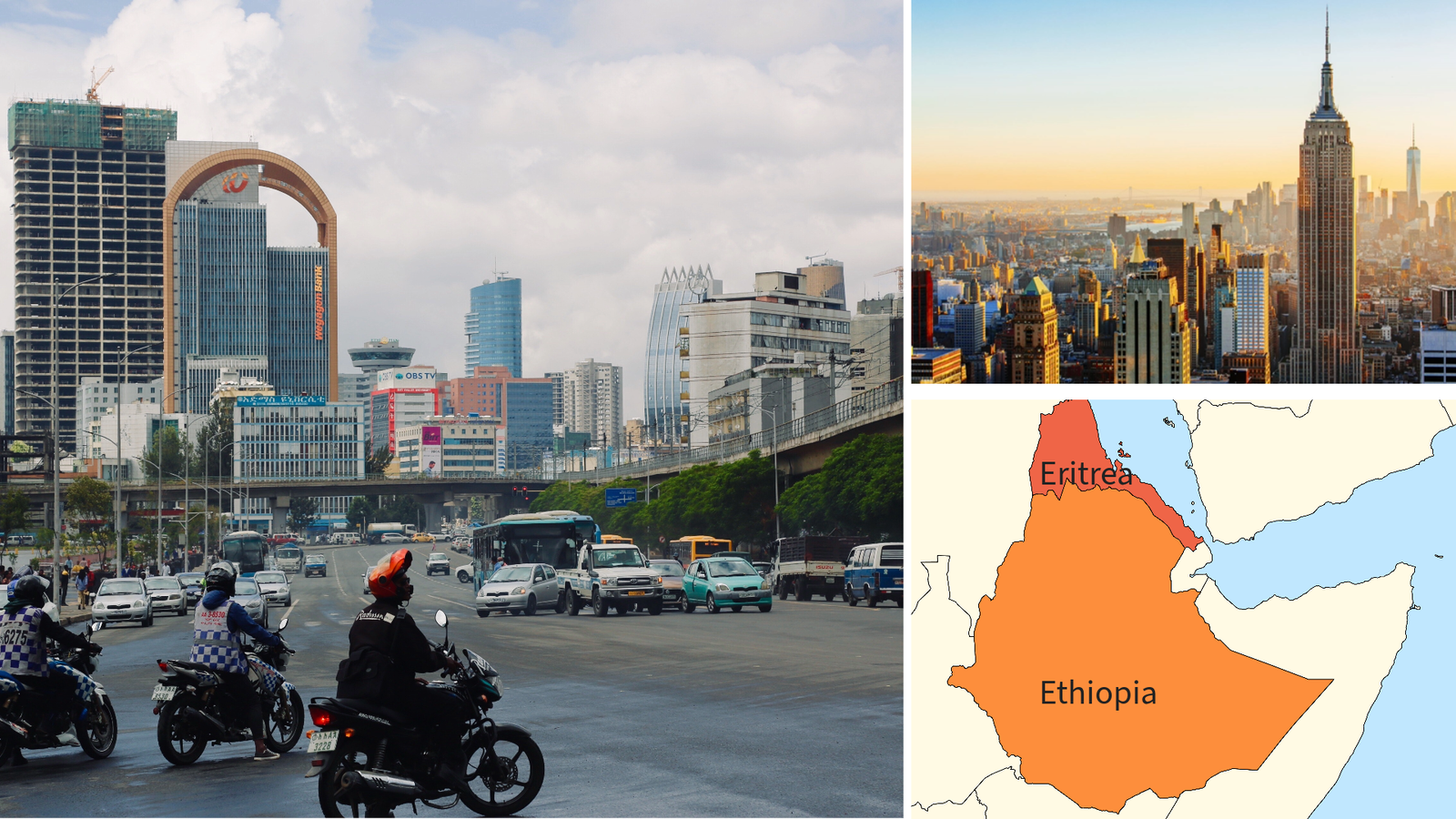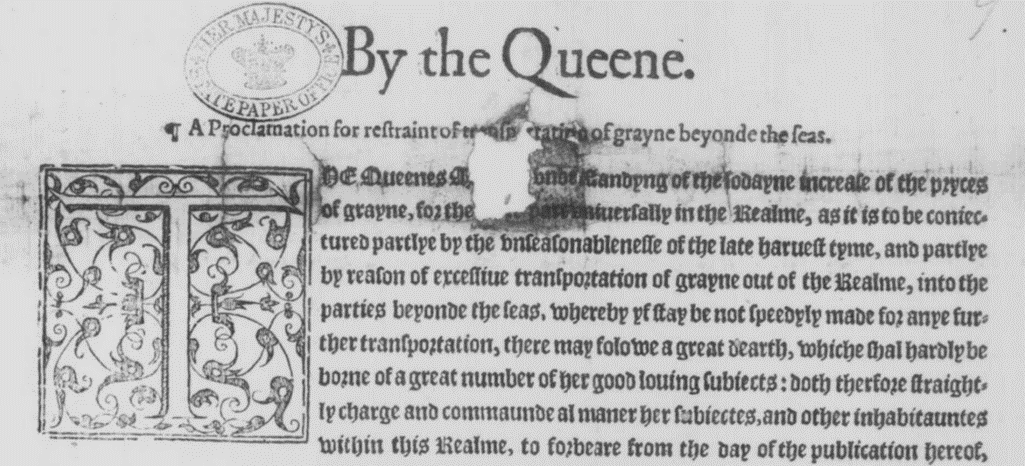Doctoral Research Seminar Michaelmas term 23
Part of the Graduate School training programme
The Doctoral Research Seminars are designed to give part-time doctoral students an opportunity to share their research in a supportive environment, with their student peers and interested academic colleagues.
Each seminar will last approximately two hours, and will be chaired by a member of the department’s academic staff. Three students will speak for 20 minutes each and their presentation will be followed by a question and answer session. Students who are interested in speaking should discuss this in the first instance with their supervisors, and then notify gradschool@conted.ox.ac.uk who will co-ordinate the events.
Michaelmas term 2023 seminar (hybrid)
Open to all Oxford University students and staff.
Speakers:
- Camilo Gomez Osorio "Persistence and Path-Dependence: When Does History Matter for Spatial Agglomeration in African Cities? "
- Scott Lamore “The use of systems thinking within organizations that collaborate virtually”
Friday 13th October 2023, 2.00pm (UK time).
This event will take place in the Pickstock Room, Rewley House and online using Microsoft Teams. Joining instructions will be sent via email a few days in advance.
How to register
Postgraduate students and staff from the across the University can register for this, and all our training sessions, on the Graduate School training events pages.
Abstracts
"Persistence and Path-Dependence: When Does History Matter for Spatial Agglomeration in African Cities?"
Abstract
When does history matter in the distribution of economic activity across space and time? Many scholars believe that historical events may have little impact on the long-run urban spatial economy; they provide strong empirical evidence to prove it.
My research focuses on how past events may determine future outcomes in African cities. This project studies persistence, the slow convergence of African cities to a steady state, and path-dependence, when a temporary shock may have permanent effects, through the lens of evolutionary economic geography, new economic geography, and spatial economics theory.
Historical shocks can change incentives, and European colonial legacies influence public investment management in local institutions, locking-in cities to a development path. My particular focus is on how the conflict in Ethiopia and the independence of Eritrea have changed spatial outcomes (case study).

Student Biography
Camilo began his DPhil in Sustainable Urban Development in 2021 and his research focuses on understanding the spatial distribution of urban economic activity in Africa. He is interested in how places evolve after a localized external shock and the role of public financial management systems in shaping economic resilience. He holds a MSc in Economics for Development from Oxford (St Antony’s College) and a Master of Public Policy from the University of Chicago.
Camilo is an Economist with the International Monetary Fund, Fiscal Affairs Department. Prior to his work in Africa with the IMF, he worked with The World Bank in Afghanistan, Sri Lanka, and Indonesia.
Scott Larmore
“The use of systems thinking within organizations that collaborate virtually”
Abstract
This thesis addresses the research question: What are the implications for virtual teams when the combination of systems thinking, and a design mindset (systemic design) is utilized as a methodology for the design of virtual teams? The goal is to understand the virtual teams' worldview (mental models) pre and post-design through a systems lens.
The research builds on the work of Russell Ackoff's Idealized Design, which was used in part to allow the virtual teams to design their own virtually collaborative environment after establishing a baseline of data using surveys. This research was conducted using three case studies, using technology and research organizations.
Student Biography
Scott Larmore was a Global Program Executive for one of the largest technology companies in the world. He has directed multi-million-dollar complex projects and programs, including for California, Kentucky, South Carolina, and the City of New York implementing the recommendations of the 9/11 Commission for the NYPD and FDNY. Earlier in his career, Scott led projects and programs in the telecom industry, including customers such as Pacific Bell, Southern New England Telephone, and T-Mobile. He also co-designed NASA's Virtual Learning Community for their Systems Engineering Leadership Development Program, NASA's next generation of leaders.
Scott completed specialized study in public-private partnerships at Hautes Études Commerciales (HEC) and École Nationale d'Administration (ENA) in Paris, France, and executive education at University of Notre Dame and Villanova University.
He earned an MBA from the University of Liverpool, UK; MS in Organizational Dynamics from the University of Pennsylvania; and completed the Univeristy of Oxford’s Advanced Management and Leadership Program.
Mike Kipling
"The Chichester Grain Trade 1572-73"
Abstract
Chichester is a small city located on the south coast of England, surrounded by land ideal for arable farming. In the 16th century, its maritime merchants mainly traded with other southern English ports, bringing in goods to supply the city and its hinterland, and exporting mainly grain, especially wheat, barley and malt. The trade in grain was strictly regulated by the state, with the objective of stabilising prices for the benefit of the consumer and producer, only allowing export of grain when supplies were plentiful. In 1572, export from Chichester was briefly permitted, then prohibited again. The following year, suspicious that the prohibition and other trade constraints were not being followed, questions were asked by the state, revealing malpractice amongst customs officials and merchants, and resulting in substantial fines and imprisonment in the notorious Fleet prison.

State Papers Online, The National Archives SP12/89, f. 39
Student Biography
I am two years into my English Local History DPhil, researching the financial and trade practices in Sussex between 1560 and 1640, using mainly legal or other official records as sources. I completed the Oxford English Local History MSc in 2021, researching the types of cases brought by early modern Sussex people to the courts of equity in London. I am largely retired from a career as an actuary, my first degree being in mathematics. In recent years, I have had papers and book reviews published in The Local Historian, West Sussex History and Local Population Studies. I live in Sussex, and am on the committees of the West Sussex Archives Society and the Local Population Studies Society.
Digital ethnography
Digital ethnography
Explore issues and methods involved in conducting qualitative and/or ethnographic research in the social sciences related to the digital with...
The Art of Research Interviewing: Theory, Ethics and Practice
The Art of Research Interviewing: Theory, Ethics and Practice
Gain an understanding of the theoretical, practical and ethical practices an empirical researcher adopts when interviewing participants. Short...
Mixed Methods Research in Social Sciences
Mixed Methods Research in Social Sciences
An online course for researchers which critically discusses mixed methods approaches to social science analysis.


